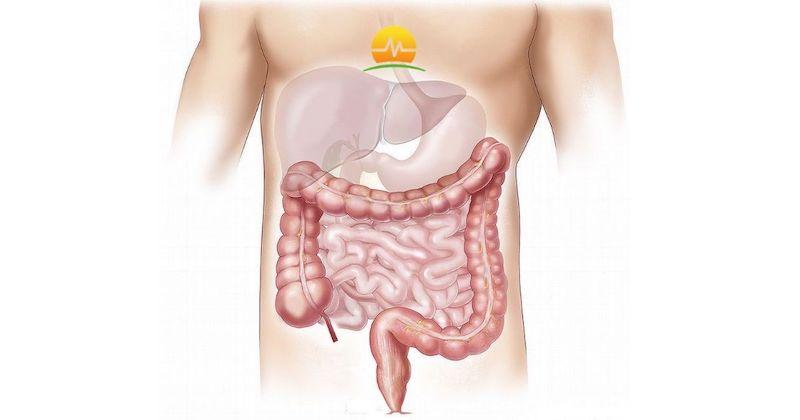Colon cancer is the third most common cancer in the United States and its incidence and severity have increased as our diets have worsened over the years. Fortunately, however, detection of colorectal diseases has improved tremendously over the past several decades. Today, with proper screening, colorectal cancer is one of the most detectable and treatable cancers. Your doctor will recommend that you begin colon cancer screening around the age of 45 or 50 if you have no family history of the disease and if you are at normal risk. The screening schedule will be more aggressive if you are at a higher risk.
Colon cancer screening has traditionally begun with a regular colonoscopy. This is where a specialized camera is inserted, under anesthesia, into the rectum and positioned in the colon to visualize any pre-cancerous polyps or cancerous lesions. While the colonoscopy is very precise and detects virtually all cancerous or precancerous large bowel issues, it is dreaded by patients the world over because of its invasiveness and because of potential, but rare, reactions to anesthesia.
More recently, an FDA-approved at-home stool test known as Cologuard has offered a gentler option for average-risk patients. Its convenience is unmatched. It is prescribed by your physician and only requires a stool sample collected at home. The sample is analyzed for traces of blood as well as other DNA markers of colon cancer. The result is either positive or negative.
The Drawbacks of Cologuard
While the benefits are clear, there are also some potential drawbacks of Cologuard.
False positives happen often with Cologuard. It may be something you ate the day before, such as red meat or turnips that triggers a false positive; or it may be a fluke. However, by some estimates, up to 10% of tests come back positive when, in fact, there is no trace of pre-cancerous or cancerous activity. A false positive not only creates an unnecessarily stressful situation for the patient but results in a colonoscopy anyway.
Second, Cologuard may return a false negative. False negatives are much more dangerous because patients often rely on this test alone and do not seek follow-up with a second opinion. Should a false negative occur, pre-cancerous polyps may grow to become cancerous and existing cancer may progress, becoming more problematic and harder to treat.
Ultimately the drawbacks of Cologuard revolve around accuracy, which, when it comes to cancer, is critical to early detection.
So What is Our Take?
Truth be told, we believe that there is no substitute for the traditional colonoscopy. Visualization of the large bowel is the best way to ensure that it is free and clear of pre-cancerous and cancerous cellular activity. However, Cologuard represents an interesting alternative for patients who may have issues with anesthesia or who have normal risk and are insistent that they do not undergo a colonoscopy.
Most importantly, you get screened at the appropriate time. Colon cancer is one of the most treatable cancers that we face today, however too many patients die from this disease because they do not seek appropriate treatment soon enough.
Learn more and schedule a consultation with our colorectal specialist Dr. Alex Crean.


